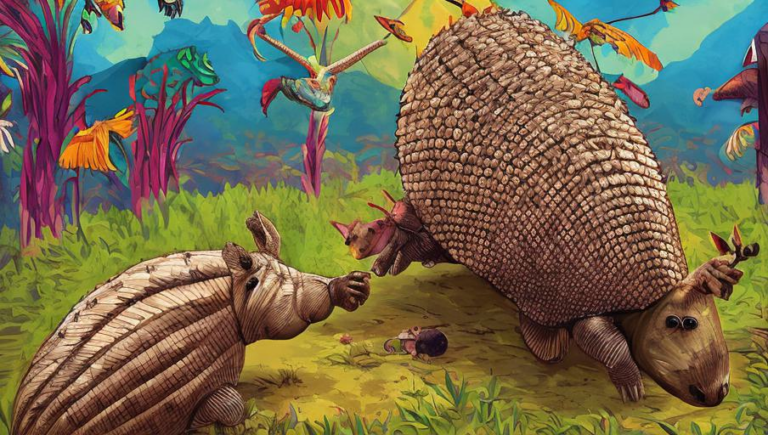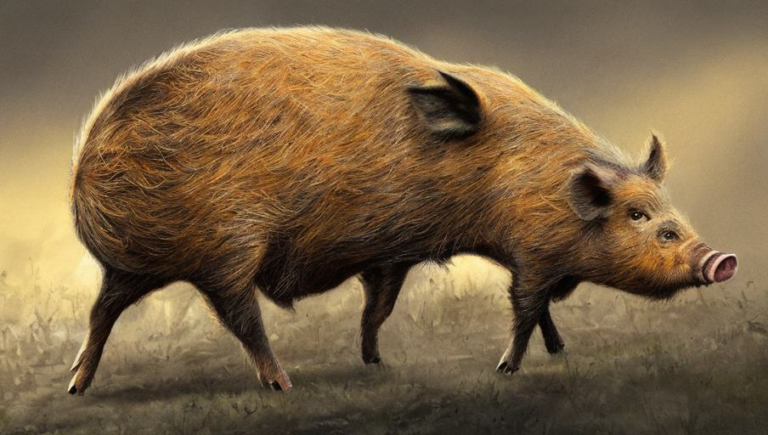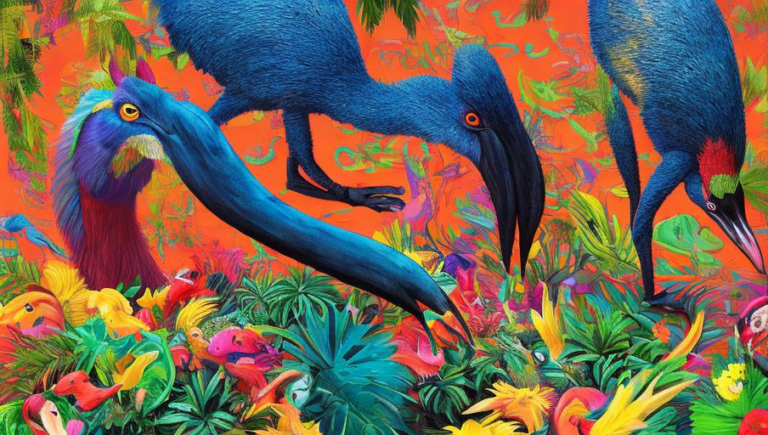Adapting to Life: How Alligators Survive in their Habitats

Introduction
The alligator is one of the most recognizable reptiles in the world. Found mainly in the United States and parts of China, alligators are a species of aquatic animals that have been around for millions of years. They have an incredibly strong and adaptable body, allowing them to survive in a variety of different habitats, from marshes and swamps to rivers and lakes. Alligators are also incredibly resilient and can live up to 50 years.
Hunting and Feeding
Alligators hunt and feed at night, using their strong jaws to catch and consume their prey. Their diet consists of fish, birds, small mammals, and occasionally even other reptiles. Alligators also have the ability to swallow their prey whole, which is why they are so successful at catching their food. To hunt effectively, alligators use their strong sense of smell and hearing to detect the presence of prey, as well as their sharp eyesight to help them spot their prey in the dark.
Adapting to Different Environments
Alligators are incredibly adaptable and can live in a variety of habitats. They are able to survive in both fresh and saltwater, and have been seen in rivers, lakes, wetlands, and even estuaries. Alligators can also survive in areas with temperatures as low as 5°C, although they prefer warmer climates. Alligators are also able to survive in areas with low oxygen levels due to their ability to hold their breath for up to two hours.
Protection from Predators
Alligators have a few natural defenses that help protect them from predators. They have a hard, scaly skin that is difficult to penetrate, and their long, powerful tails allow them to swim quickly away from danger. Alligators also have a unique ability to submerge themselves underwater and remain motionless, which makes it difficult for predators to locate them. In addition, alligators have powerful jaws that can be used to bite and crush any predators that get too close.
Reproduction
Alligators reproduce by laying eggs, which are typically laid in nests made of vegetation. The eggs are left to incubate, and the hatchlings are then left to fend for themselves. Alligators become sexually mature around the age of 10, and can live up to 50 years.
Conclusion
Alligators are incredibly resilient and adaptable creatures. They are able to survive in a wide variety of habitats and climates, and have a number of defenses that help protect them from predators. Alligators are also able to reproduce, which helps ensure their species continues to thrive. All in all, alligators are a fascinating species that are an important part of the world’s ecosystems.





